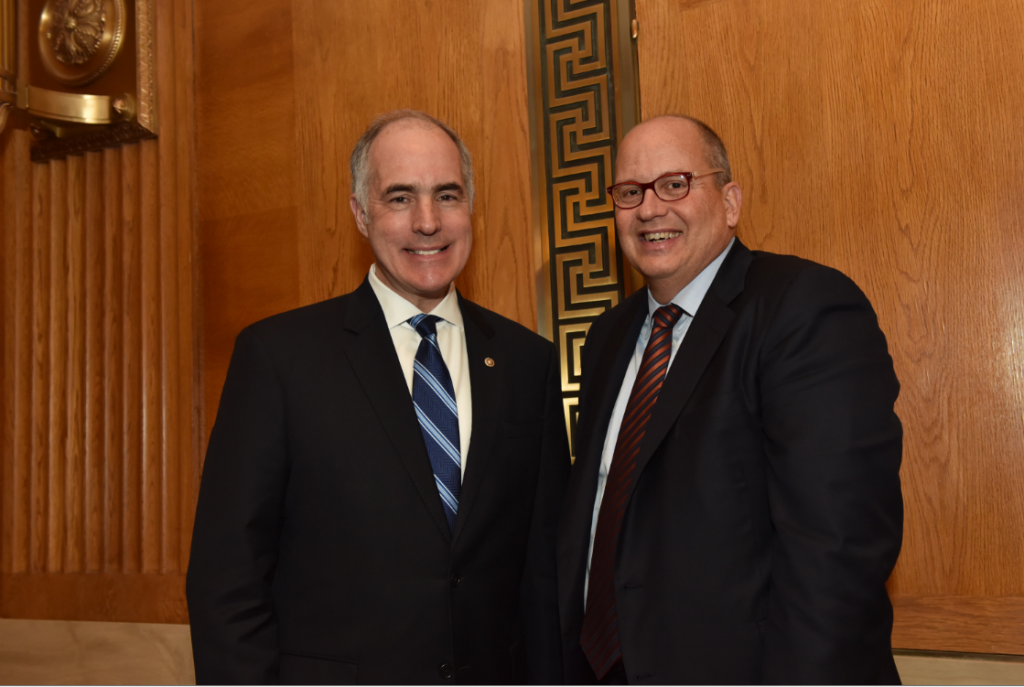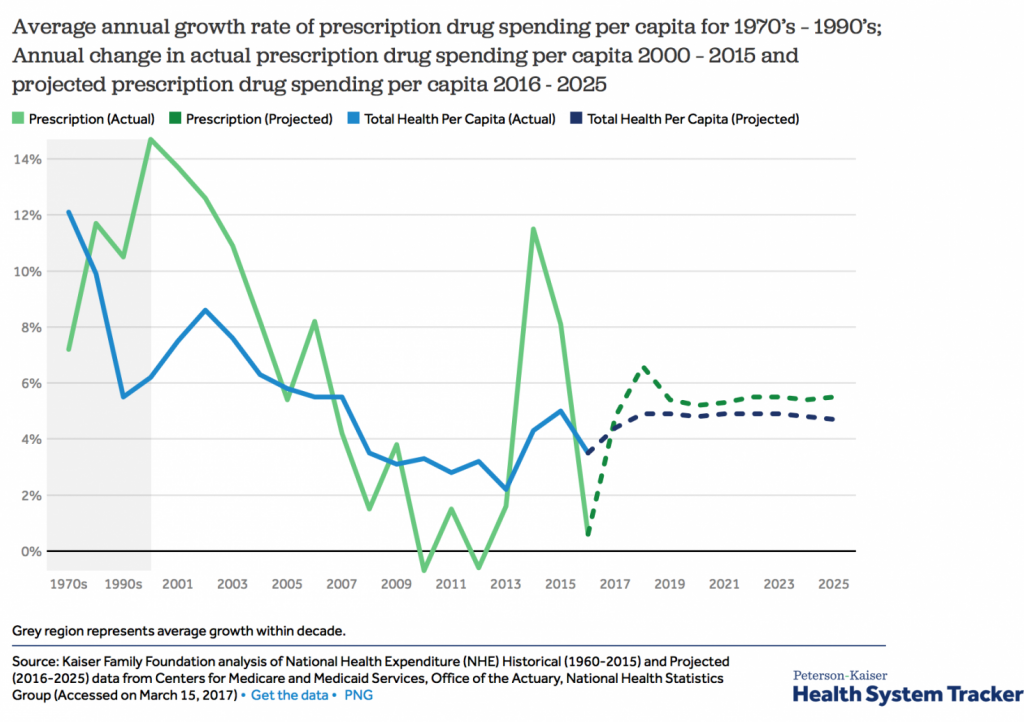This week, the Senate Special Committee on Aging held a hearing titled Turning 65: Navigating Critical Decisions to Age Well to examine issues that older adults face as they near retirement age. In Medicare, two decisions are especially important for those who are newly eligible: when to enroll and what coverage option to choose. As the hearing highlighted, these issues have attainable solutions, namely the Beneficiary Enrollment Notification and Eligibility Simplification (BENES) Act and the State Health Insurance Assistance Program (SHIPs).
Read More
Funding for the federal government lapsed last Saturday after the Senate rejected a four-week funding measure. Most Senate Democrats and some Republicans voted against the bill. At issue for most was how to proceed on a permanent fix for the Deferred Action for Childhood Arrivals (DACA) program.
Read More
Dear Marci,
Last November, during Fall Open Enrollment, I switched into a new Medicare Advantage Plan. I have since realized that I do not want to be a part of this plan. Can I change my Medicare coverage?
Read More
The Office of the Assistant Secretary for Planning and Evaluation (ASPE) within the U.S. Department of Health and Human Services (HHS) issued an informal request for information (RFI) on December 26, with significant implications for Medicare and Medicaid. Comments are due January 25. The Medicare Rights Center will be providing input, and we encourage all stakeholders to use our template comments to weigh in as well. Read below to learn what’s in the RFI, and what you can do to respond today!
Read More
This week, Medicare Rights Center submitted comments in response to the Centers for Medicare & Medicaid Services (CMS) proposed rule for Medicare Parts C & D. The proposed rule contemplates many broad changes to the Medicare Advantage and prescription drug coverage programs, largely focusing on providing more flexibility and options for plan sponsors. CMS’s stated aim is to allow plans to use the proposed flexibility to better serve beneficiaries—by creating disease- or condition-specific sets of benefits, offering more plans, and altering cost sharing arrangements.
Read More
Last week, the Center for Medicare & Medicaid Innovation (CMMI) within the Centers for Medicare & Medicaid Services (CMS) announced plans to test a new way of paying Medicare providers for many of the services they perform, including major joint replacement and some cardiac interventions. This model—the Bundled Payments for Care Improvement Advanced (BPCI Advanced)—is the first of its kind to be introduced by the Trump administration.
Read More
On December 26, the Office of the Assistant Secretary for Planning and Evaluation (ASPE) within the U.S. Department of Health and Human Services (HHS) quietly issued an informal request for information (RFI) with significant implications for Medicare and Medicaid.
Read More
Last month, two health policy non-profits released detailed information and graphs about health spending in the U.S. The Peterson Center on Healthcare partnered with the Kaiser Family Foundation to create a Health System Tracker for health spending and other quality and cost trends in the health system.
Read More
Lawmakers began returning to Washington this week, where they face a backlog of unresolved issues and a policy agenda that puts Medicare at risk.
Before adjourning in December, Congress cleared a short-term spending bill that pushed contentious fiscal debates into early 2018. The result is a daunting to-do list this month, which includes the need to pass another temporary spending bill to keep the government open past January 19. Also on that list is a longer-term CHIP fix, full-year appropriations, DACA, a health care package, expiring Medicare policies, and additional disaster aid.
Read More
This week, the White House’s Office of Management and Budget (OMB) approved a Centers for Medicare and Medicaid Services (CMS) request to increase the frequency of review for Medicare Advantage (MA) plan networks.
Read More










